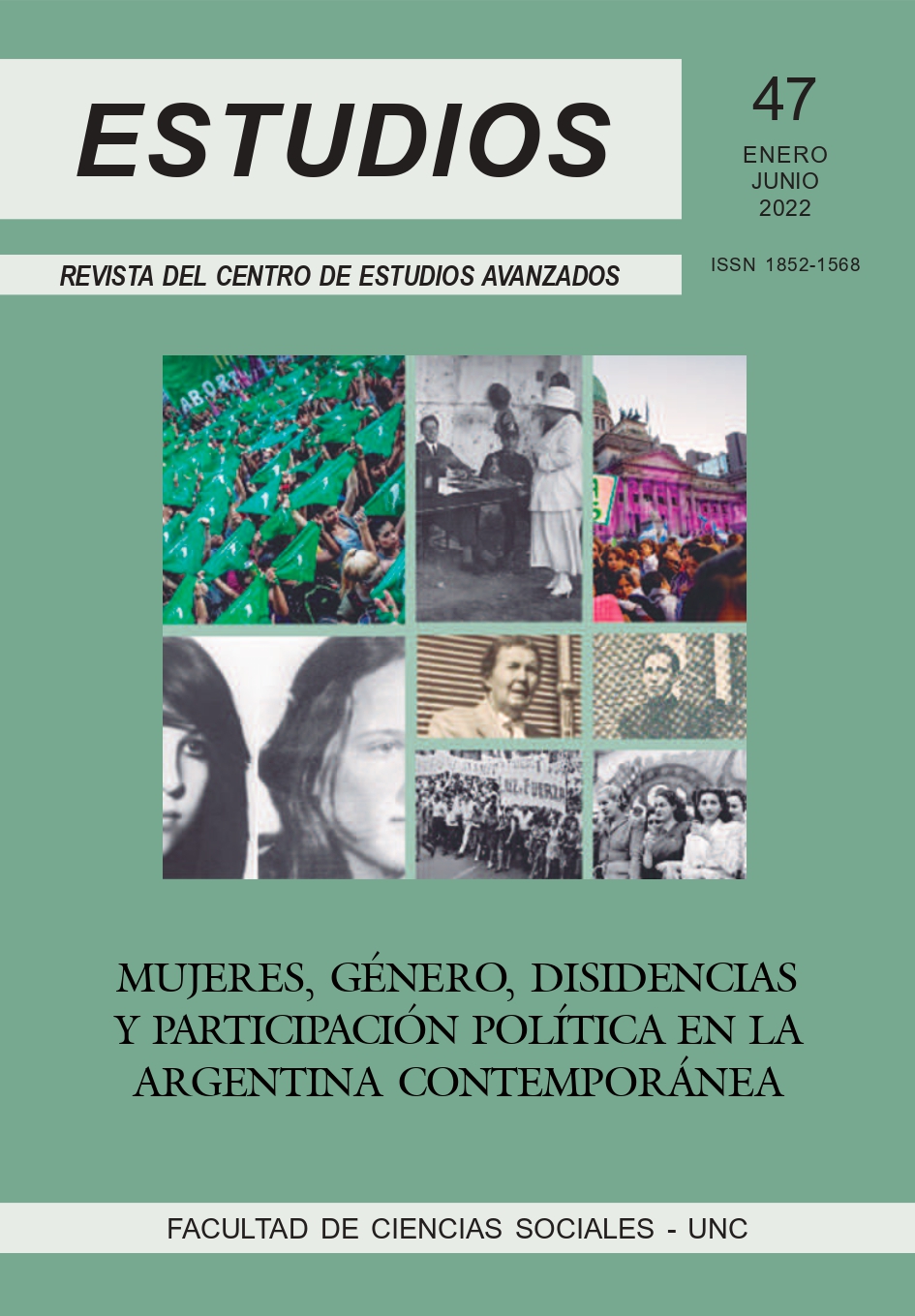Recipients or mediators? Women, motherhood and public policies in Aregentina
DOI:
https://doi.org/10.31050/re.vi47.35964Abstract
In the last years, we have witnessed a growing maternalization of care policies in Argentina, emphasized among those that build families in poverty as a target population. Women who are mothers have become privileged interlocutors for state policies and benefits. Through these women, the state provides resources and services that aim at assisting children in particular or the nuclear family as a whole, while the state provision of care in Argentina is built on the basis of care work carried out within homes. In any of the cases, women who are mothers are interpellated by the state as mediators of policies in the territories, positioning them as those in charge of processing and managing those policies. This situation tends not only to reinforce the nature of caregivers of women but also to reproduce gender structures without altering sexual division of labour. To access these resources, a series of criteria are established that carry the premise of “good” mothering, (re)producing correct and incorrect ways of exercising motherhood in accordance with social values, meanings and expectations.
References
Bulacio, M. (2022). ¿Destinatarias o mediadoras? Mujeres, maternidades y políticas públicas en Argentina. Estudios Digital, (47),115- 131.
Downloads
Published
Issue
Section
License

This work is licensed under a Creative Commons Attribution-NonCommercial 4.0 International License.
Aquellos autores/as que publiquen en esta revista, aceptan los términos siguientes:- Los autores/as conservarán sus derechos de autor y garantizarán a la revista el derecho de primera publicación de su obra, el cual estará simultáneamente sujeto a la Licencia Creative Commons Atribución-NoComercial 4.0 Internacional que permite a terceros compartir la obra siempre que se indique su autor y su primera publicación esta revista.
- Los autores/as podrán adoptar otros acuerdos de licencia no exclusiva de distribución de la versión de la obra publicada (p. ej.: depositarla en un archivo telemático institucional o publicarla en un volumen monográfico) siempre que se indique la publicación inicial en esta revista.
- Se permite y recomienda a los autores/as difundir su obra a través de Internet (p. ej.: en archivos telemáticos institucionales o en su página web) luego del proceso de envío, lo cual puede producir intercambios interesantes y aumentar las citas de la obra publicada. (Véase El efecto del acceso abierto).












